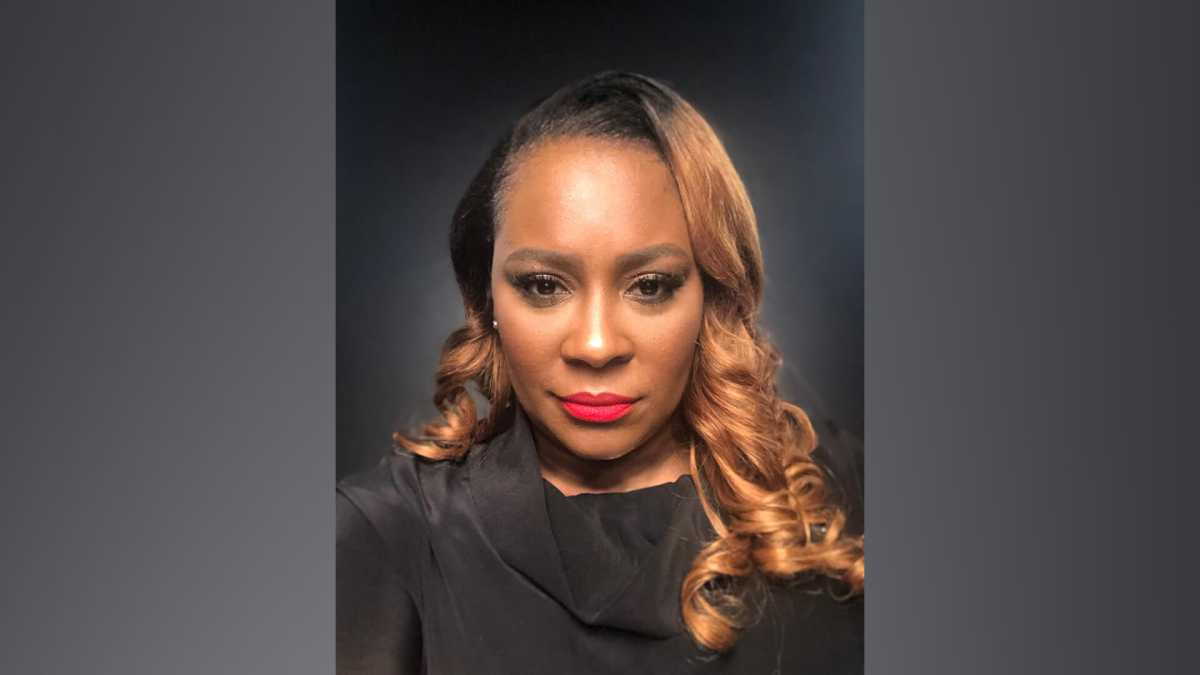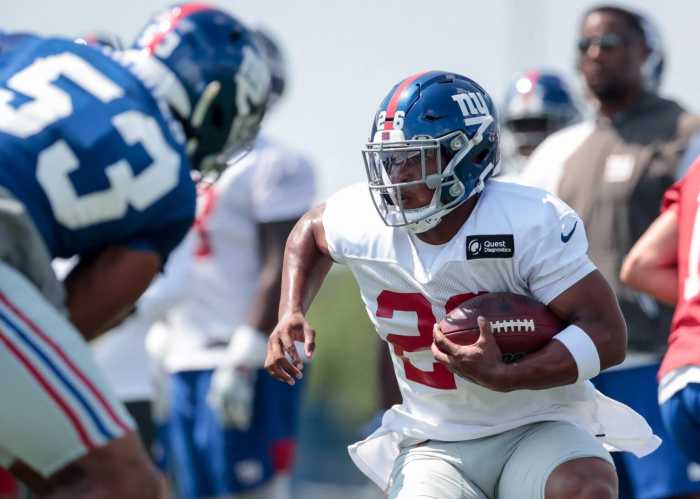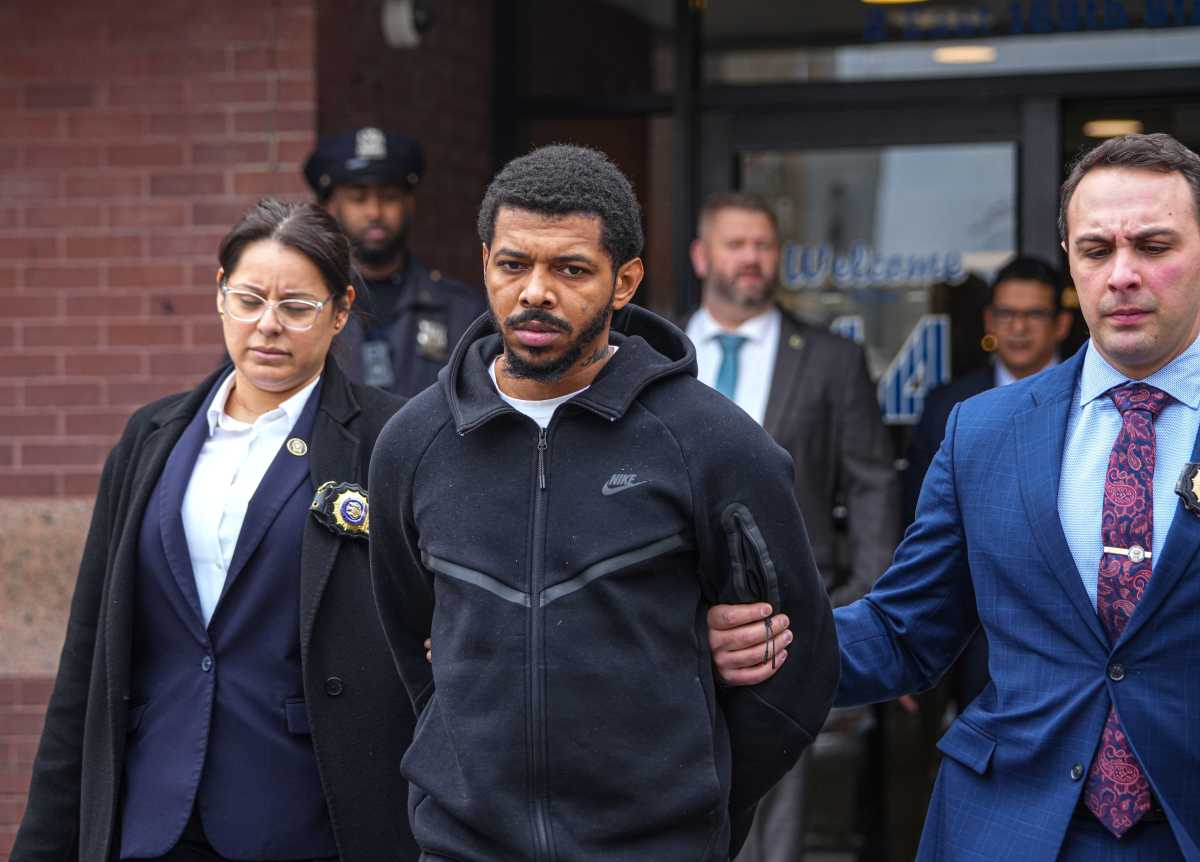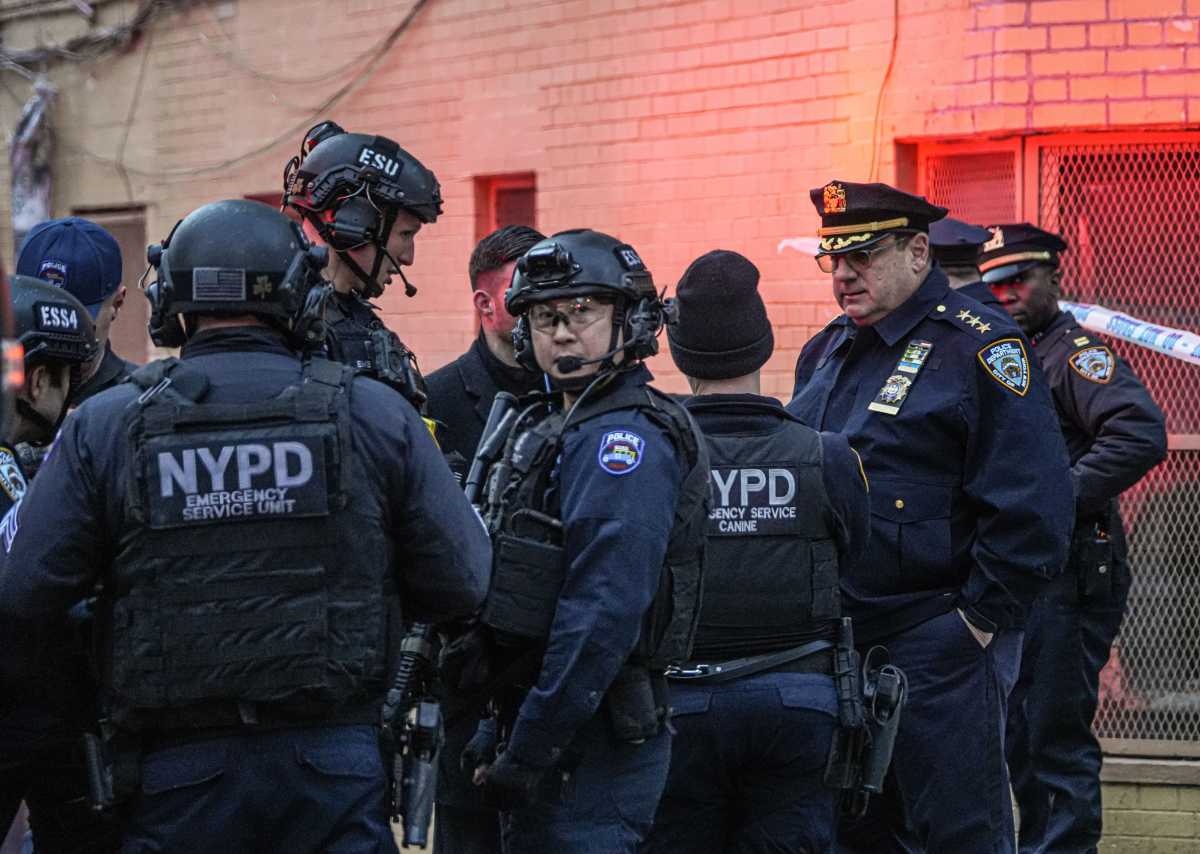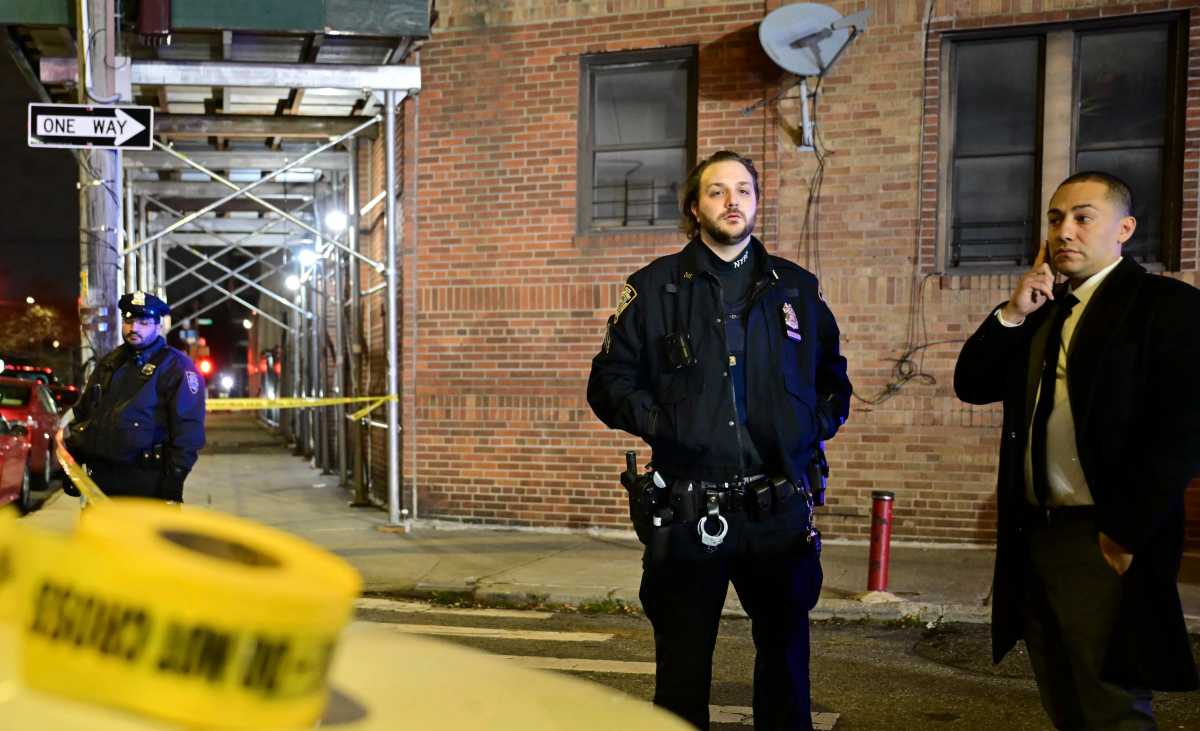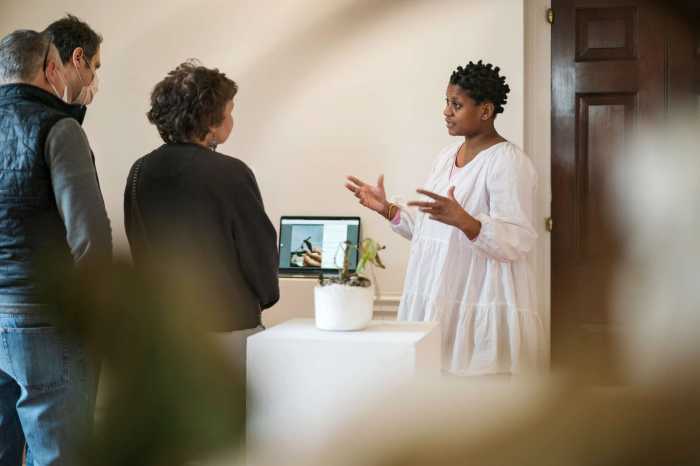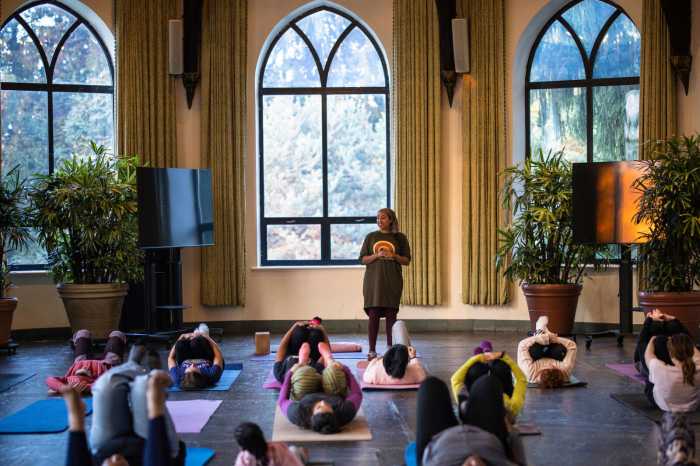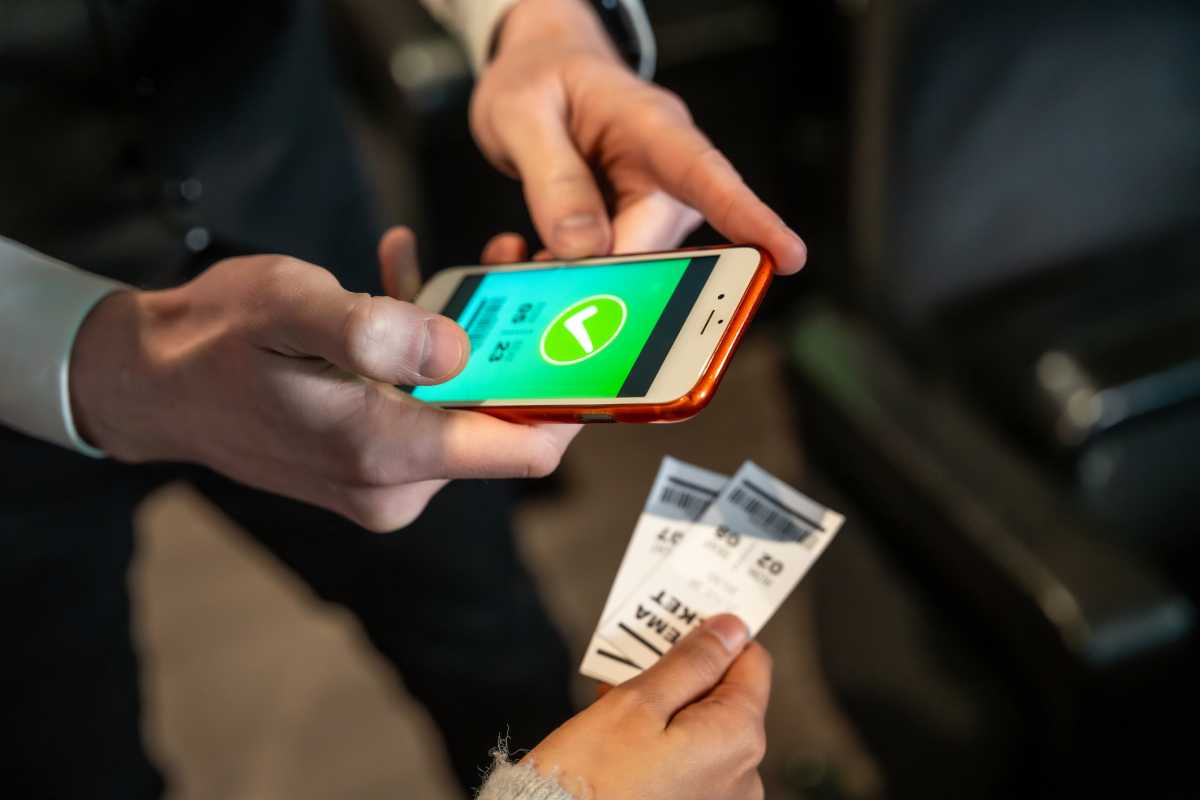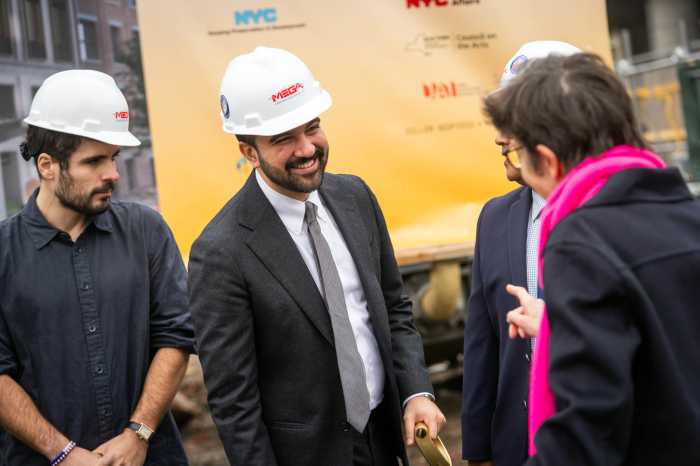The NFL wants to be known for more than just sports. Since 2018, it has provided over $95 million in support of programs focused on education, economic advancement and criminal justice reform.
In keeping in the spirit of giving back, on Jan. 8, the league announced 13 new grants to nonprofit organizations across the country in part of its social justice initiative, Inspire Change.
Among the recipients was Ladies of Hope Ministries (LOHM) in the Bronx. Founded by Topeka Sam, a formerly incarcerated woman, LOHM aids disenfranchised and marginalized women and girls, and helps them transition back into society by giving them access to resources and high-quality education.
“I knew when I came home (from prison) because I had a good support system I could do anything, but not all women do,” she explained. “We want to make sure that people have their basic human rights met.”
LOHM will use the grant money to support its Faces of Women Imprisoned speakers bureau, Parole and Probation Accountability Project and EPIC Ambassadors policy advocacy project. The funds will assist in running a cohort that will train women in prison who are survivors of gun violence and police brutality on how to draft and write legislation and partner with elected officials.
“We’re really excited about this because it’s another career path,” Sam explained.
Since doing time in prison for selling drugs, Sam has made it her mission to help people like herself. She understands that when someone leaves jail adjusting to society is not easy.
LOHM provides many services, including finding jobs and housing, interview assistance, resume writing and entrepreneurial opportunities. She noted that for many it may be their first job or first in their family to attend college.
However, she thinks the criminal justice system needs a complete overhaul. While Black imprisonment rate has fallen by a third since 2006, according to the Pew Research Center, “The black imprisonment rate at the end of 2018 was nearly twice the rate among Hispanics (797 per 100,000) and more than five times the rate among whites (268 per 100,000).”
While she is not saying some people do not deserve to be locked up, many get arrested because of the color of their skin or stay imprisoned for long periods because they can’t afford bail. Furthermore, others need mental health and or drug treatment, not incarceration, she stressed.
“Do I think I needed to go to prison to do this work,” she asked. “Absolutely not. Prison does not heal people, it only further harms them.”

